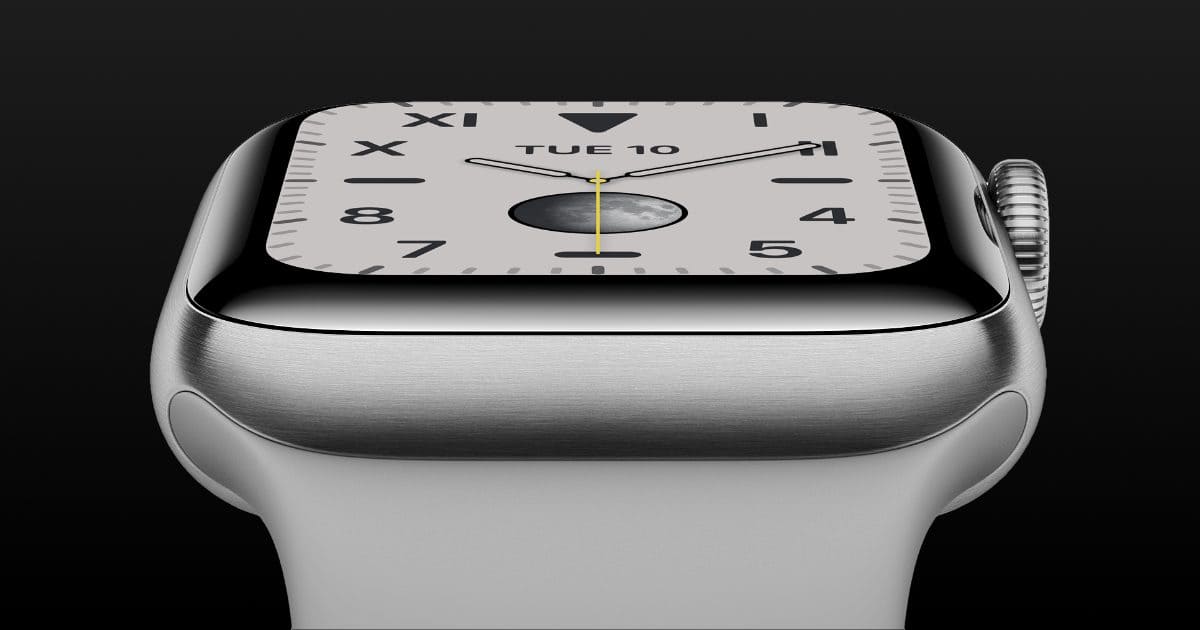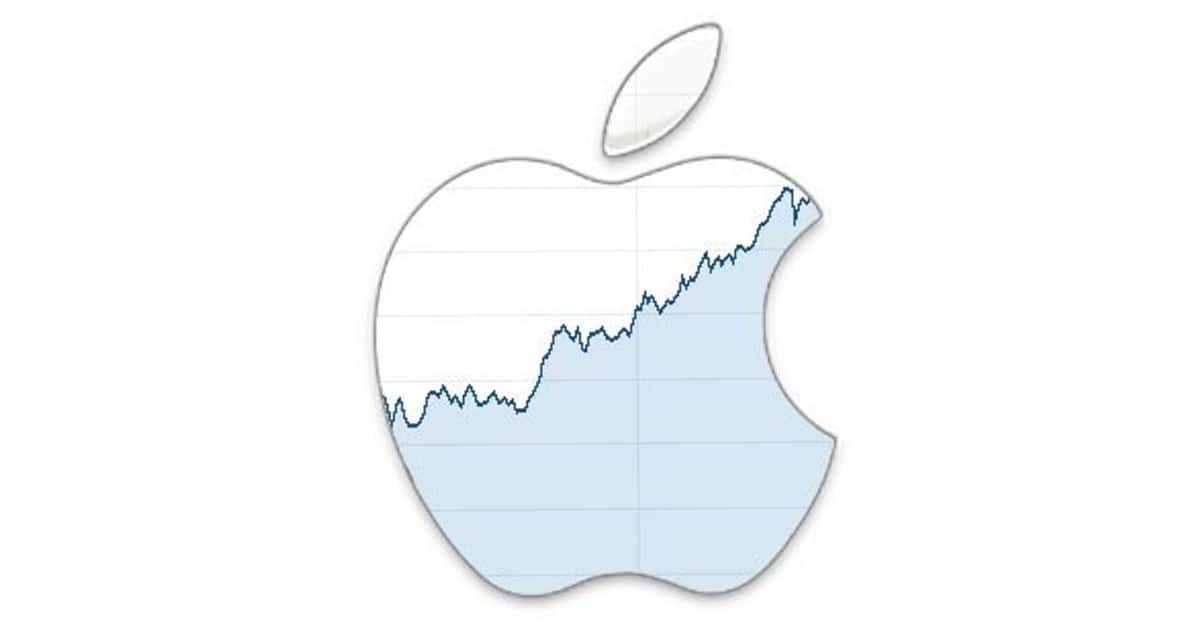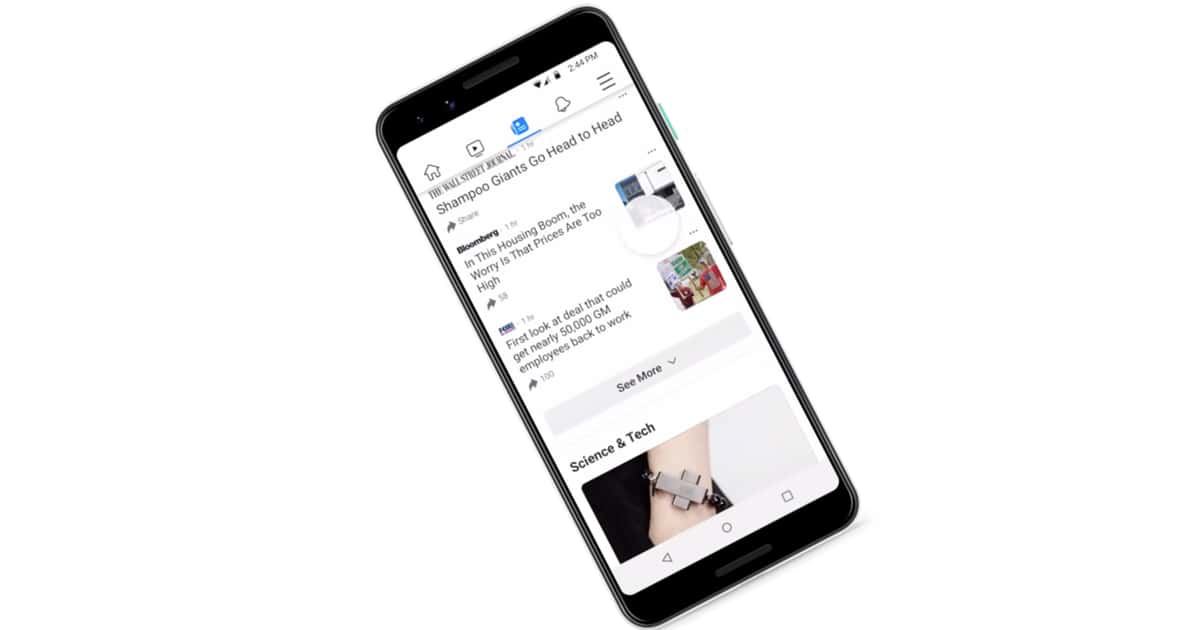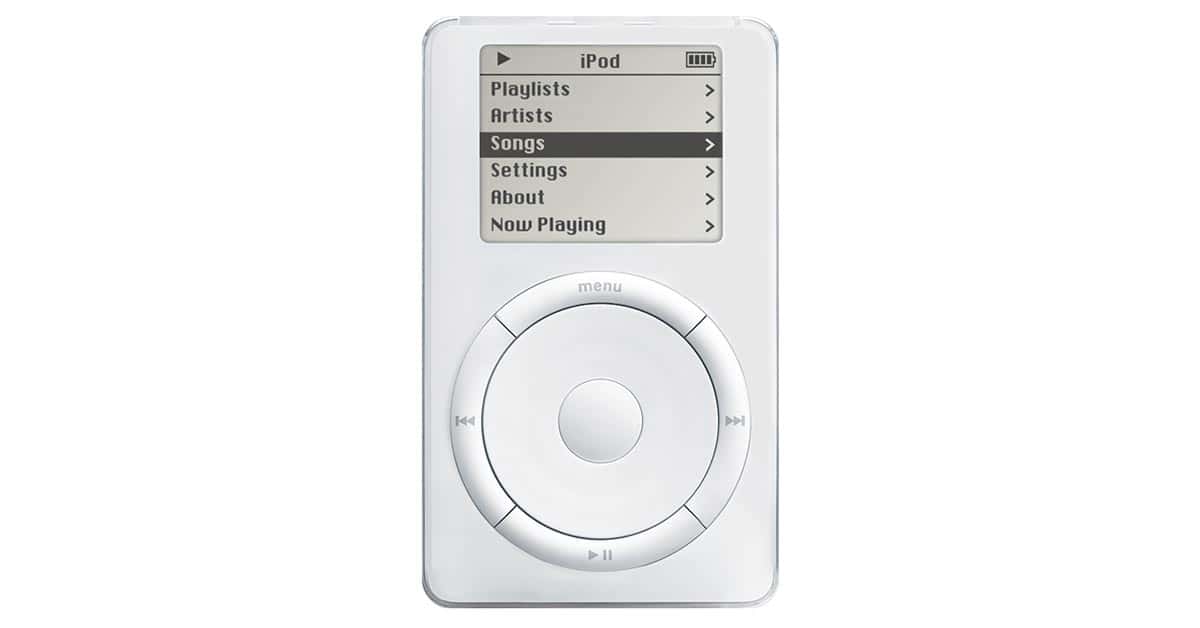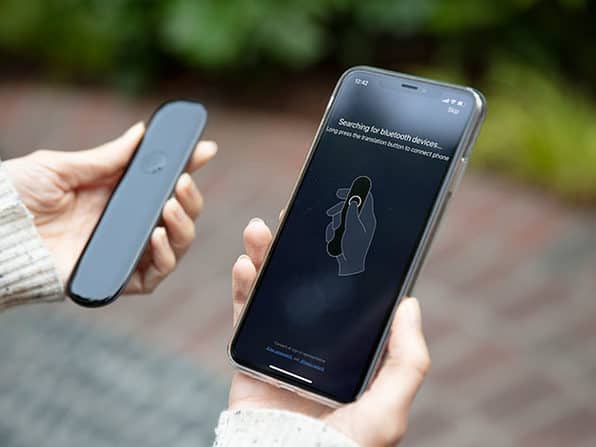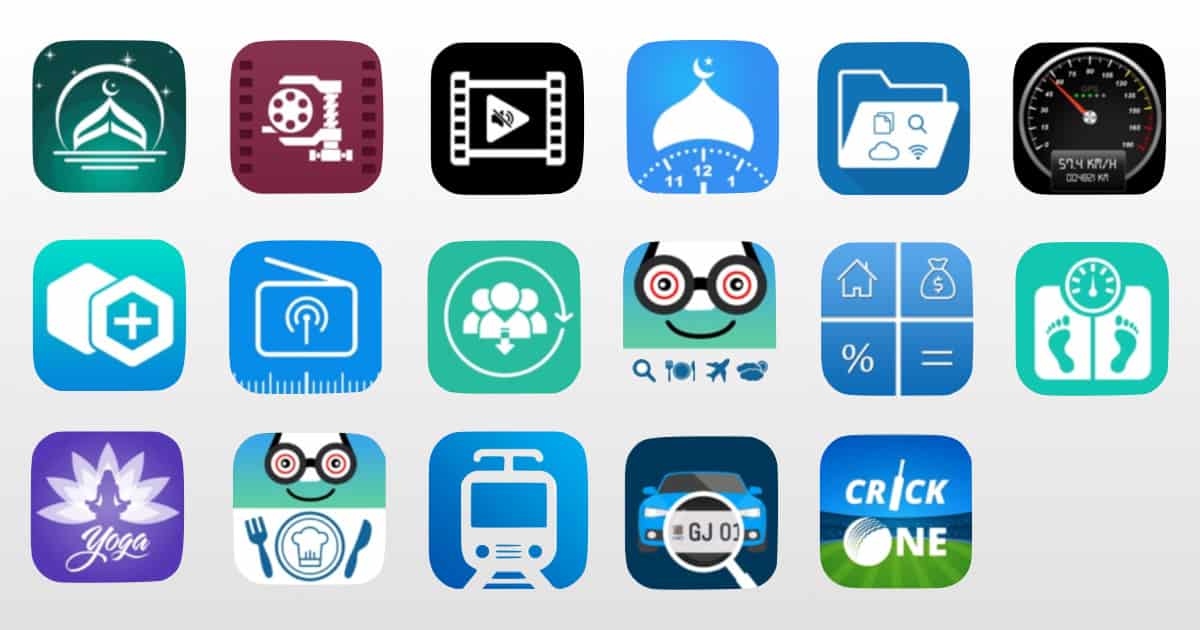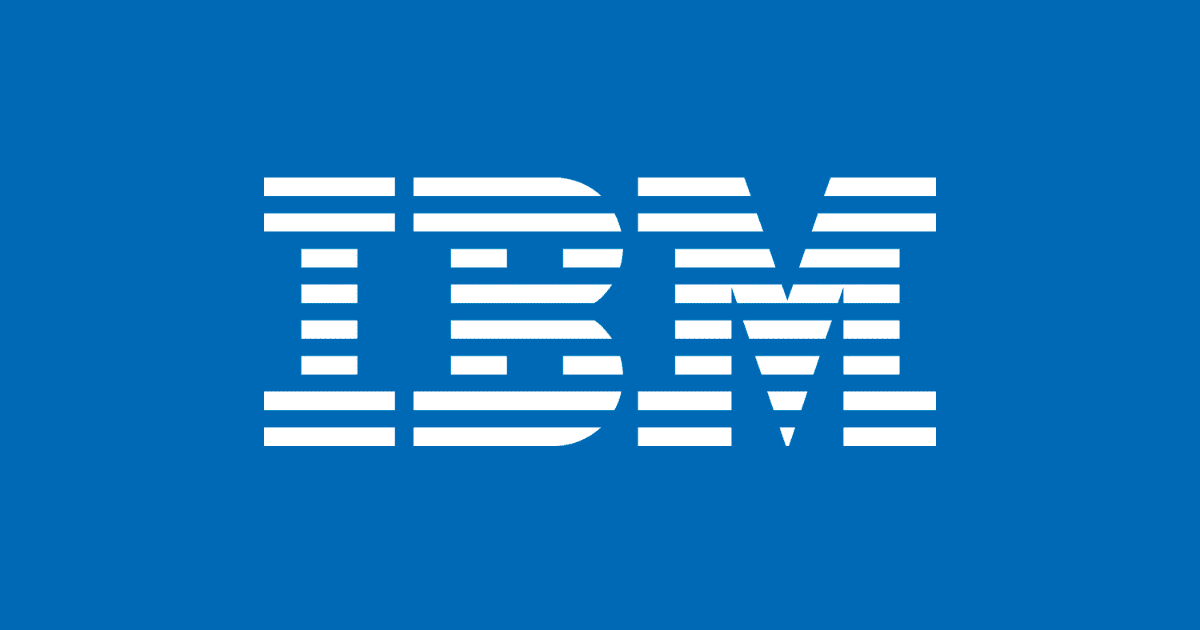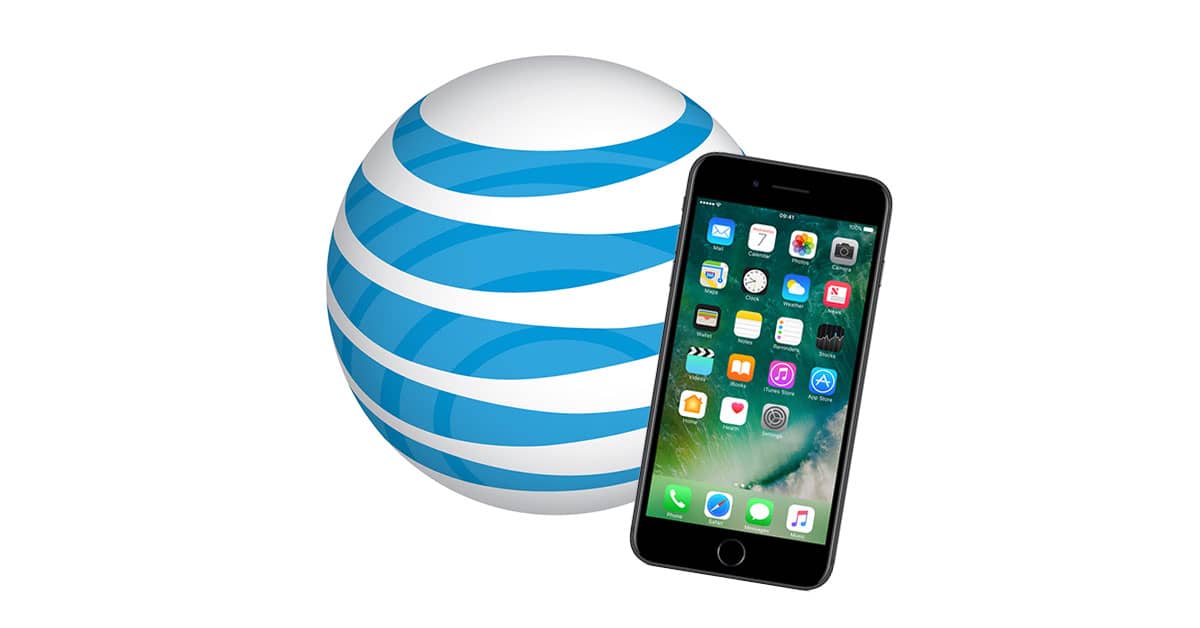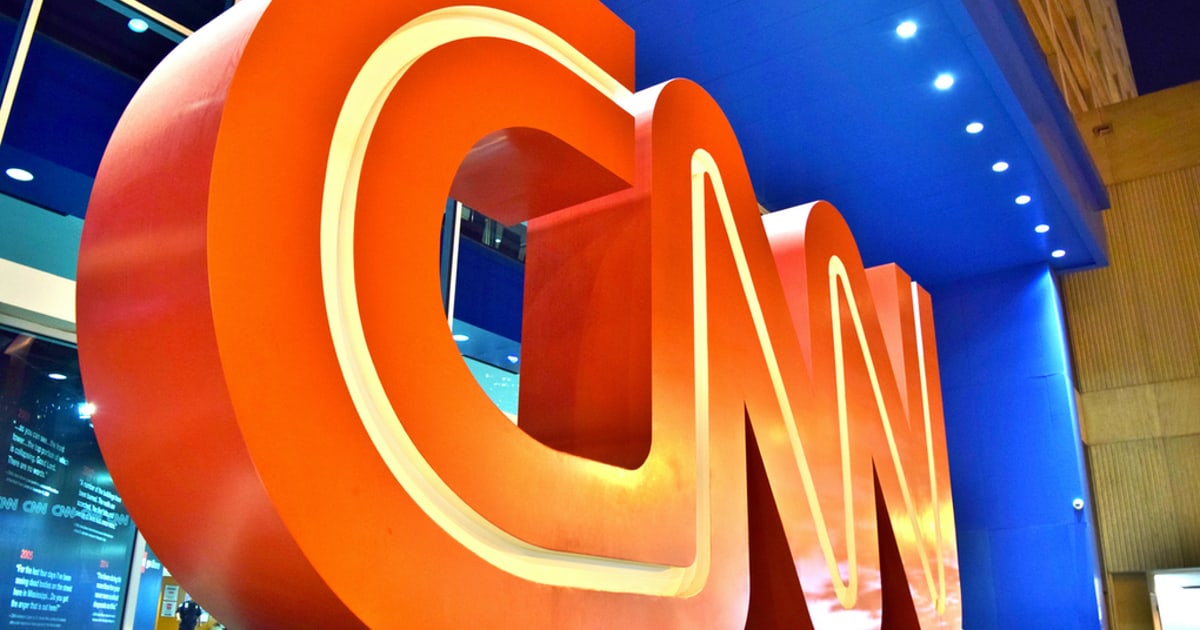Get into the holiday spirit with our iPhone 16 Pro Max giveaway! Don’t miss your chance to win a brand-new iPhone 16 Pro Max.
Apple Watch Series 5 Comes to South Korea, Thailand and Brazil
The Apple Watch Series Five has arrived in some new countries. It is now available in South Korea, Thailand, and Brazil, AppleInsider reported.
With different local sales taxes applied, Apple is selling the Apple Watch Series 5 at roughly the same pricing as in the US in Korea and Thailand where it’s 539,000 ($458) and 13,400 ($444) respectively. It’s a considerably more expensive purchase in Brazil, however, where prices start at R$3,999 ($996). The key selling point of the Series 5 is that it brings an always-on screen that intelligently dims until you raise your wrist or tap on the screen. An ultra-low power display driver together with newly-optimized watch faces contribute to having this feature yet in theory retaining an all-day 18-hour battery life. In practice, users are finding the Series 5 battery does run down a little faster than on the previous Apple Watch Series 4, however.
Elizabeth Warren's Plan For Big Tech
Senator Elizabeth Warren has made taking on big tech a key part of her campaign for the Democratic Presidential nomination. Bloomberg Businessweek analyzed what her plans might mean.
The plan consists of two big ideas. The first is to unwind old acquisitions, such as Facebook Inc.’s purchases of Instagram in 2012 and WhatsApp in 2014. There’s a legal framework already in place for this. The Federal Trade Commission has the power to review old mergers and said when it formed an antitrust task force in February that it would consider doing so. Any such moves would certainly end up in court. Facebook Chief Executive Officer Mark Zuckerberg has already told employees he thinks the company would prevail if a Warren administration tried to break it apart. Warren’s second idea is that the tech giants—those with more than $25 billion in revenue—that operate an online marketplace or exchange shouldn’t be allowed to offer services that compete with the participants on those platforms.
Tim Cook Dines with President Barack Obama and Robert De Niro in New York
Apple CEO Tim Cook had dinner with President Barack Obama and actor Robert De Niro in New York City on Monday evening.
Apple's Former Top Insider Trading Lawyer Charged With... You Guessed it
A former top Apple lawyer who worked on combatting insider trading has been indicted on charges of wires and security fraud.
Facebook News Arrives in the U.S.
Facebook began testing its News service in some of the biggest Metro areas in the U.S. such as New York, Los Angeles, and Chicago.
Happy 18th Birthday iPod - the Gadget That Changed Music
On October 23, 2001, Steve Jobs unveiled the original iPod. The Economist reflected on how the device revolutionized both the music and tech industries.
The iPod’s wheel elegantly removed the scrolling problem. A tiny hard-drive built by Toshiba packed five gigabytes of memory (enough for 1,000 songs) into 1.8 inches (4.5cm), allowing the iPod to offer as much storage as any competitor in a smaller body. And the earlier launch of iTunes meant that every Apple computer had a programme dedicated to managing the device’s contents. Critics wondered whether ordinary music fans would fork out $399 (about $580 today) for such a strange contraption. By 2007 Apple had sold 120m of them, and soon launched the smaller Mini, the tiny Nano and the screenless Shuffle. The classic iPod gained a colour screen, then the ability to play videos, and finally a hard-drive of 160 gigabytes, which was more than most laptops had. Historians of Apple generally note that the iMac computer, which Jobs launched shortly after returning to the ailing company in 1997, revived its fortunes. But the iPod introduced most people to the firm’s aesthetic and technical brilliance. At its peak it accounted for 40% of Apple’s revenue.
Over 175 Musicians Boycott Amazon Over ICE Contracts
Over 175 musicians have pledged to boycott Amazon festivals and partnerships because of the company’s contracts with ICE.
We the undersigned artists are outraged that Amazon continues to provide the technical backbone for ICE’s human rights abuses. We will not allow Amazon to exploit our creativity to promote its brand while it enables attacks on immigrants, communities of color, workers, and local economies. We call on all artists who believe in basic rights and human dignity to join us.
Translate 42 Languages and Record in Real-Time with this Light and Portable Translator Device: $99
We have a deal on CM Translator, a device that allows for instant two-way translation and real-time recording in a variety of scenarios. It boasts battery life of up to 180 days of standby time and 24 hours of continuous use. It currently translates 42 languages, covering more than 90% of countries around the world. It’s $99 through our deal.
Subscription Management and Deals – TMO Daily Observations 2019-10-24
Charlotte Henry and John Martellaro join host Kelly Guimont to discuss managing subscriptions on macOS, and the future of paid vs free users.
New iOS Security Suite Helps Developers Protect Apps
The iOS Security Suite is a brand new platform for developers. It helps them detect if their apps are running on a secure iOS device. What ISS detects:
Jailbreak (even the iOS 11+ with brand new indicators!)
Attached debugger
If an app was run in emulator
Common reverse engineering tools running on the device
Foxconn Centers in Wisconsin Aren't Being Developed
Foxconn promised it would build five centers in Wisconsin that would each bring 100-200 jobs. But now it says they aren’t being developed.
6 Reasons Why Apple’s New Operating Systems are Buggy
You may have experienced some bugs with iOS 13 and macOS Catalina. David Shayer shares six possible reasons for this.
The betas started out buggy at WWDC in June, which is not unexpected, but even after Apple removed some features from the final releases in September, more problems have forced the company to publish quick updates. Why? Based on my 18 years of experience working as an Apple software engineer, I have a few ideas.
What I’m most annoyed about is the fact that some shortcuts have been broken by iOS 13.
Clicker Malware Found in 17 iOS Apps
17 apps from iOS developer AppAspect Technologies Pvt. Ltd. were found to contain clicker malware that automatically clicked on ads.
Bob Iger Says Disney+ Lets You Keep Downloads Even After Removal
Disney+ will let you keep downloaded content even if it has been removed from the platform, says Bob Iger.
But Iger said that while these deals would cause some of that content to leave the platform for “brief periods of time,” you’ll be able to download that content onto a device where it will remain so long as your Disney+ account is active. This would give Disney+ a leg up on other services with which it has licensing agreements to make any downloads of that series or film available to Disney+ subscribers.
5 Phone Car Mounts for Uber and Lyft Drivers
It’s pretty common for Uber and Lyft drivers to use phone car mounts. We’ve found five of them for you to check out.
Twenty Percent of New iPhone Sales Were From iPhone 11 Family
Twenty Percent of U.S. iPhone buyers bought a device in the iPhone 11 family in the third quarter of 2019 according to CIRP.
Apple TV+ Will be a $9 Billion Business by 2025, Says Morgan Stanley
A Morgan Stanley analyst wrote that Apple TV+ will become a $9 billion a year business with 136 million paid subscribers by 2025.
Fortnite Breaks Twitch Records With Black Hole Event
Fortnite caused quite a stir when it pulled a stunt showing the wildly popular game disappearing into a black hole. In fact, it broke streaming site Twitch’s viewing record, VentureBeat reported.
Twitch revealed that Fortnite broke the site’s peak concurrent record on a single game on October 13. That was when all of Fortnite, including even the start menu, got sucked into a black hole. The curious and surprising event drew a max of 1.7 million concurrent viewers… No one knew exactly what was going on with the black hole, and that intrigue helped attract viewers. Rumor also suggested that once Fortnite came back, it would launch with a new map. That’s what happened when Season 2 came online.
IBM Gets Sniffy at Google's Quantum Supremacy Claim
It is fair to say IBM was not impressed with Google’s declaration of Quantum Supremacy. In post full of withering put-downs, the computer giant refuted many of the claims made in a paper published in Nature, and welcomed by Google CEO Sundar Pichai.
Recent advances in quantum computing have resulted in two 53-qubit processors: one from our group in IBM and a device described by Google in a paper published in the journal Nature. In the paper, it is argued that their device reached “quantum supremacy” and that “a state-of-the-art supercomputer would require approximately 10,000 years to perform the equivalent task.” We argue that an ideal simulation of the same task can be performed on a classical system in 2.5 days and with far greater fidelity. This is in fact a conservative, worst-case estimate, and we expect that with additional refinements the classical cost of the simulation can be further reduced. Because the original meaning of the term “quantum supremacy,” as proposed by John Preskill in 2012, was to describe the point where quantum computers can do things that classical computers can’t, this threshold has not been met.
Amazon Fire TV Stick now Offers Apple TV App
Amazon announced today that the Fire TV Stick (2nd gen) and Fire TV Stick 4K now both offer the Apple TV app.
Apple Patents Discuss Digital Government ID
Two new Apple patents discuss methods for replacing paper documents with a digital government ID, and how they could be verified.
US Patent applications numbered 20190325125 and 20190327228, both titled “Identity Credential Verification Techniques,” follow previous reports of Apple hoping to make iPhones central to ID security.
The two new patent applications separate out the functions of such systems into the creation or collection of a user’s identity details, the later authentication of that ID, and then the user’s ability to provide this detail on request.
I’m normally all about privacy but personally I look forward to the day when such documents are digital.
AT&T Customers Hit By Weeks of Voicemail Problems
AT&T Customers have been having voicemail issues for weeks. The Verge tried valiantly to get to the bottom of what is going on, but the situation is not getting much clearer.
AT&T has been experiencing a weeks-long voicemail outage affecting some customers across the country. But it’s hard to tell exactly what’s causing the outage, or how long until it will be fixed — and AT&T is saying conflicting things about what’s going on. Here’s what the company told us, when we asked “A recent software update to some devices may be affecting our customers’ voicemail. We are working with the device manufacturer to issue a patch to resolve this and apologize for any inconvenience this has caused.” That statement seems to suggest that only a single phonemaker is affected, and that phonemaker might share the blame for the outage — but that wouldn’t make sense, because AT&T customers are reporting a wide array of different phones are having the same issue.
CNN to Challenge Apple News+ With Digital News Service
CNN is set to launch a digital news curation service to challenge Apple News+, which is currently known internally as NewsCo.
The Apple TV+ and Apple Originals Preview Show - ACM 523
Charlotte Henry joins Bryan Chaffin to talk about Apple TV+, Apple Originals, Apple’s role in the industry, the evolution of original streaming content, and a whole lot more—all in preparation for the November 1st launch of Apple TV+.

